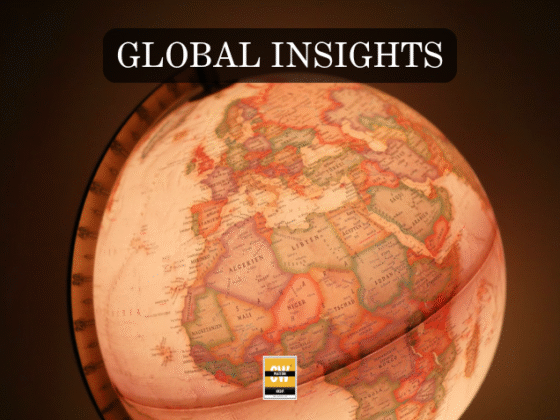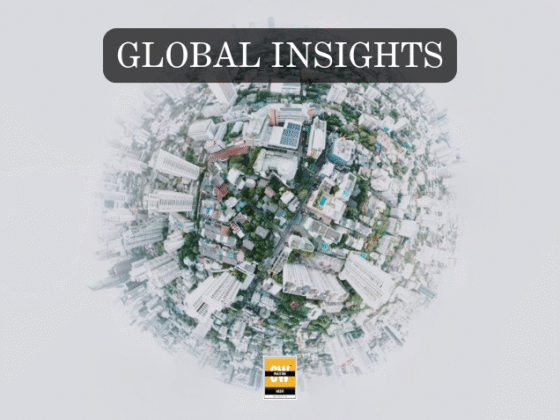Generative artificial intelligence assistants such as ChatGPT are significantly disrupting traditional online search patterns, diverting users away from source news sites and weakening the already fragile digital media economy. Industry experts say that the shift toward AI-generated summaries and direct answers is reducing web traffic, undermining advertising revenues, and putting immense pressure on publishers that rely on both visibility and engagement to survive. Matt Karolian, vice president of research and development at Boston Globe Media, cautioned that the next few years will be among the toughest the industry has ever faced, warning that “publishers need to build their own shelters or risk being swept away.”
Recent studies suggest that user interaction habits are changing rapidly. A Pew Research Centre report indicates that AI-generated summaries embedded in search results discourage users from clicking through to original articles. When such summaries appear, click-through rates on suggested links drop by half compared to traditional search listings. This fall in engagement directly affects the advertising-driven revenue models that sustain many online outlets. John Wihbey, a professor at Northeastern University, described the trend as an acceleration toward “an entirely different web,” where information consumption is mediated through AI intermediaries rather than direct browsing.
The digital advertising landscape had already been under strain due to the dominance of major platforms such as Google and Meta, which absorbed much of the market share once held by independent publishers. Many news organisations shifted to paid subscription models, but as Wihbey noted, subscriptions depend on a steady stream of traffic that AI search tools are now diverting. Karolian mentioned that while some readers are beginning to subscribe through ChatGPT’s integrated features, these numbers remain negligible compared to traditional channels. Similar AI platforms like Perplexity have generated even fewer subscriptions, underlining the uncertain benefits of AI-driven exposure.
To counteract these challenges, media companies are experimenting with Generative Engine Optimisation (GEO), a new approach that tailors online content for AI models rather than for search engines. GEO prioritises clarity, structure, and presence across digital ecosystems like social platforms and online forums that are frequently scraped by AI systems. Yet, questions remain about how much access publishers should grant to AI crawlers. OtterlyAI CEO Thomas Peham raised concerns about data use, asking whether allowing OpenAI and other companies to crawl their content is sustainable without proper compensation. In response, some organisations have blocked AI crawlers entirely, while others are reopening access to maintain visibility.
Industry associations such as the News/Media Alliance argue that media outlets deserve fair value for their content, especially when it is being used to train AI systems. Several licensing agreements have emerged between major entities, including the New York Times and Amazon, Google and Associated Press, and Mistral and Agence France-Presse. However, disputes persist, most notably through the ongoing lawsuit filed by the New York Times against OpenAI and Microsoft over unlicensed data use. Even when access is restored, success is far from certain. OtterlyAI data indicates that only 29 percent of citations in ChatGPT responses come from media outlets, compared to 36 percent from corporate websites, showing how visibility remains skewed.
The Reuters Institute’s 2025 Digital News Report found that around 15 percent of people under 25 now turn to generative AI platforms as their main news source, raising questions about content reliability and transparency. With AI systems often blurring attribution, readers may struggle to identify credible sources, echoing past challenges seen with social media. Despite these risks, some see opportunities for collaboration. Google has reportedly begun exploring partnerships with publishers to feed verified journalism into its generative AI features, a move that could help re-establish balance between platforms and news producers. As Karolian aptly noted, “Without original journalism, none of these AI platforms would have anything to summarise,” a reminder that the integrity and sustainability of digital media still hinge on the reporters behind the stories AI seeks to replicate.
Follow the SPIN IDG WhatsApp Channel for updates across the Smart Pakistan Insights Network covering all of Pakistan’s technology ecosystem.






